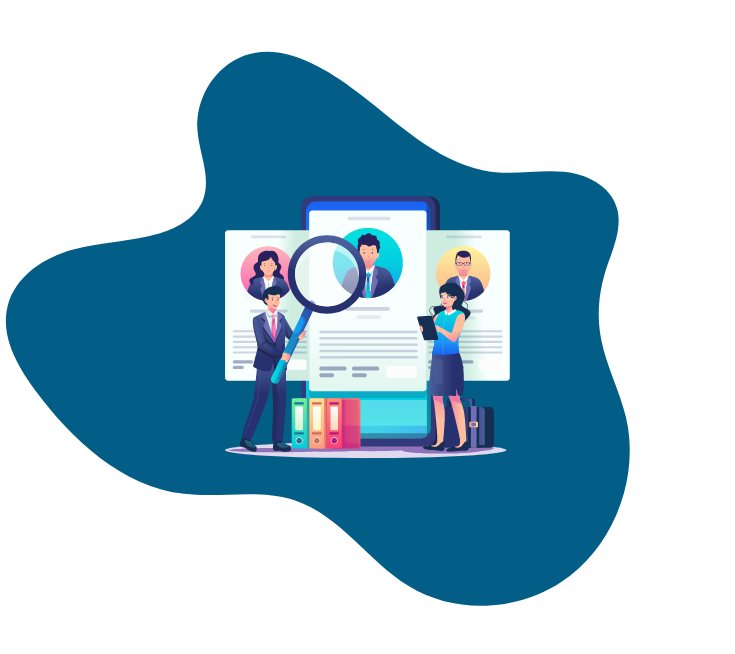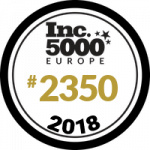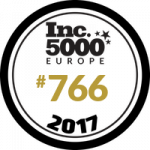Summary In the contemporary business environment, digital procurement is becoming increasingly popular and sought after by businesses around the world. The relationships …
How do project management experts make ethical considerations and navigate moral dilemmas?
Let’s explore the regular ethics problems in project management, the main guidelines for making ethical decisions, and how to handle these situations. We will discuss the importance of ethical knowledge and tools needed to lead with ethics, guaranteeing project achievement while maintaining the trust of all involved parties intact.
What are ethics in project management?
Ethics are the rules and values that influence how project managers behave, make decisions, coordinate, organise, and guide projects. They revolve around ideas like truthfulness, uprightness, accountability, fairness, and consideration for other people. In project management, following ethical principles involves making decisions and maintaining processes which are morally correct and fundamentally value-driven.
Weighing the importance of ethics in projects allows businesses to create a place where trust and dependability can grow. This ethical basis helps eliminate misconduct, increases team collaboration and culture, and ensures regulatory frameworks are followed. Negligence of ethics in project management processes can cause problems like conflicts of interest, misallocation of resources and breaches of project confidentiality.
Why are ethics important?
The foundation of trust
Trust is built on the foundation of ethical behaviour. When project managers and teams show honesty and integrity, those involved in the project are likely to place trust in project procedures and results. Trust is crucial for teamwork, communication and backing from stakeholders which tend to enhance project achievement.
Reputation and credibility
The reputation of an organisation is important. Wrong decisions in a project can hurt not only the standing of that specific project but also the trustworthiness and image of an organisation. Ethics boost trust and lead to a positive public view which supports its long-term prosperity as well as relationships with stakeholders.
Compliance with laws and regulations
Ethics in project management assist in compliance with laws and rules, which decreases the chance of legal issues and penalties that can completion timelines, expenses, and project outcomes. Ethical functioning works in harmony with industry norms and suggestions providing a framework for consistency and accountability.
Avoiding conflicts and risks
Ethical project practices prevent conflicts of interest, mismanagement of project resources, and other risk factors that may affect project success. Project management experts who act ethically are more likely to identify, mitigate and overcome risks early on, ensuring seamless project execution and reducing project failure.
What are the strategies followed by project management experts to navigate ethical dilemmas?
During ethical dilemmas, it is important for project management experts to keep composure and to uphold the trust of stakeholders and reputation. They follow strategies like the following to ensure they make the right decisions in these situations.
Develop a code of ethics
Establishing a straightforward and complete code of ethics lays out the anticipated conduct for stakeholders. A code of ethics should encompass vital principles like integrity, transparency, and accountability. Distribute code to the project team, making certain all members grasp its significance and the standards it establishes.
Encourage open communication
23% of projects lose project direction and fail due to poor communication. Fostering a culture of communication where team members are encouraged to voice their ethical concerns, provides a platform for team members to voice opinions, express their points of view, navigate projects and make decisions through collaboration.
Conduct ethics training
Ethics are often defined as doing the right thing and can differ from person to person, necessitating the need for training project teams about ethics. This may involve classes on the code of ethics, methods for making ethical decisions, and the importance of ethical decision-making in the face of challenges in managing a project.
Consultation and collaboration
In situations where ethical dilemmas are present, involving stakeholders and project management consultants will assist in making actionable designs in line with the ethics code. Consult project experts who focus on ethics for viewpoints regarding moral issues and find solutions that align with project goals and strategic movement.
Document decisions
Documenting all decisions and reasons of the project, and keeping records is important for transparency and responsibility. This builds project accountability and trust. Documentation is useful for reference if there are future disagreements or project management disparities. This also shows a dedication towards moral procedures.
Promote ethical leadership
Promoting ethical practices enables consistent ethical decisions. Setting the precedent of ethical behaviour in all interactions and decisions leads project managers to follow the same management pathway. This recognises and rewards ethical behaviour among team members and reinforces the importance of ethical decision-making.
Using these strategies, project management experts can navigate ethical dilemmas with confidence and ensure that their projects are conducted with integrity and respect towards all stakeholders. This approach not only reduces the risk of unethical behaviour but contributes towards a positive project culture and successful outcomes.
Navigate ethical dilemmas effectively with Kronos Group’s project management experts
In project management, following established ethical principles is vital for handling moral discrepancies. Ethical project management consulting helps keep trust alive, creates a healthy working atmosphere, and maintains success in projects.
Kronos Group’s project management consultants will guide your teams through the process of making ethical decisions, help you establish codes of conduct, and offer training to elevate your project management processes. Get in touch today.

Fighting the effects of inflation with sourcing and procurement consultants
Stay up-to-date on the latest insights on procurement, finance, and project management.
Summary Strategic procurement has become a necessity in today’s business world and organisations try to remain competitive. Having the right procurement strategies …
Summary The world of consulting has been undergoing a massive transformation and management consulting jobs are experiencing the impacts of these changes. …
FAQ
A project management expert is a professional with extensive experience, knowledge, and skills in planning, executing, and overseeing projects. They are adept at managing teams, resources, and budgets to achieve project goals within defined constraints.
Project management professional (PMP) vs. project management office (PMO), are not equal. PMP is a certification for individual project managers, showing their mastery in applying recognised best principles of project management. PMO means an organisational formation that establishes and keeps up project management standards throughout an organisation. The best choice is subjective, depending on your goal—PMP is better for personal career growth, and PMO emphasises organisational project governance.
The 4 types of project managers are:
- Technical project manager
Undergoes the technicalities of the project and usually has a history in engineering, IT or connected areas. - Project coordinator/administrator
Concentrates on giving support by managing administrative duties, communication and coordination within the team. - Project lead
Mainly focuses on managing the planning, execution, and completion of projects. - Project director
Usually in charge of numerous projects or one big project, concentrating on aligning strategic plans with the goals of the organisation.














